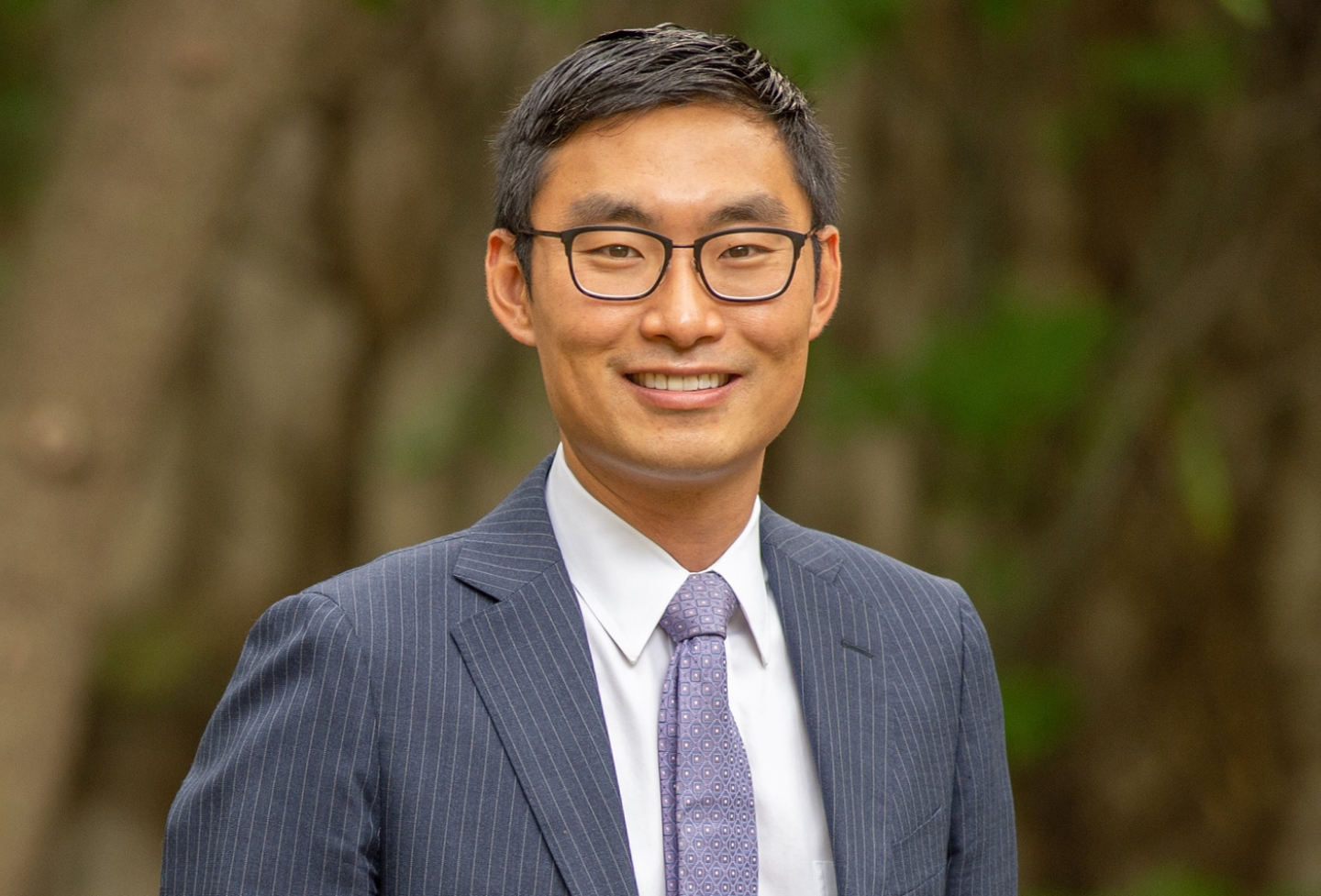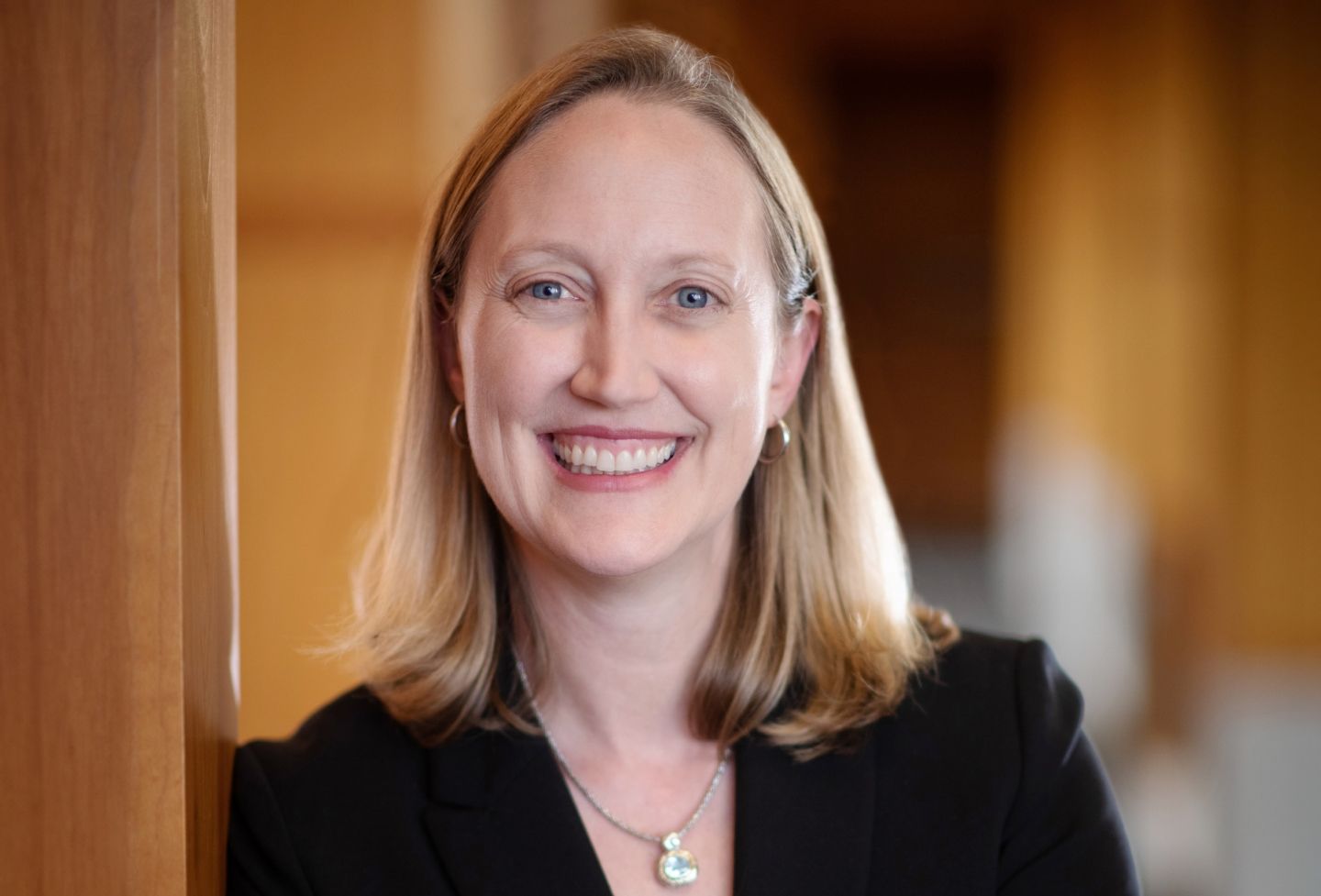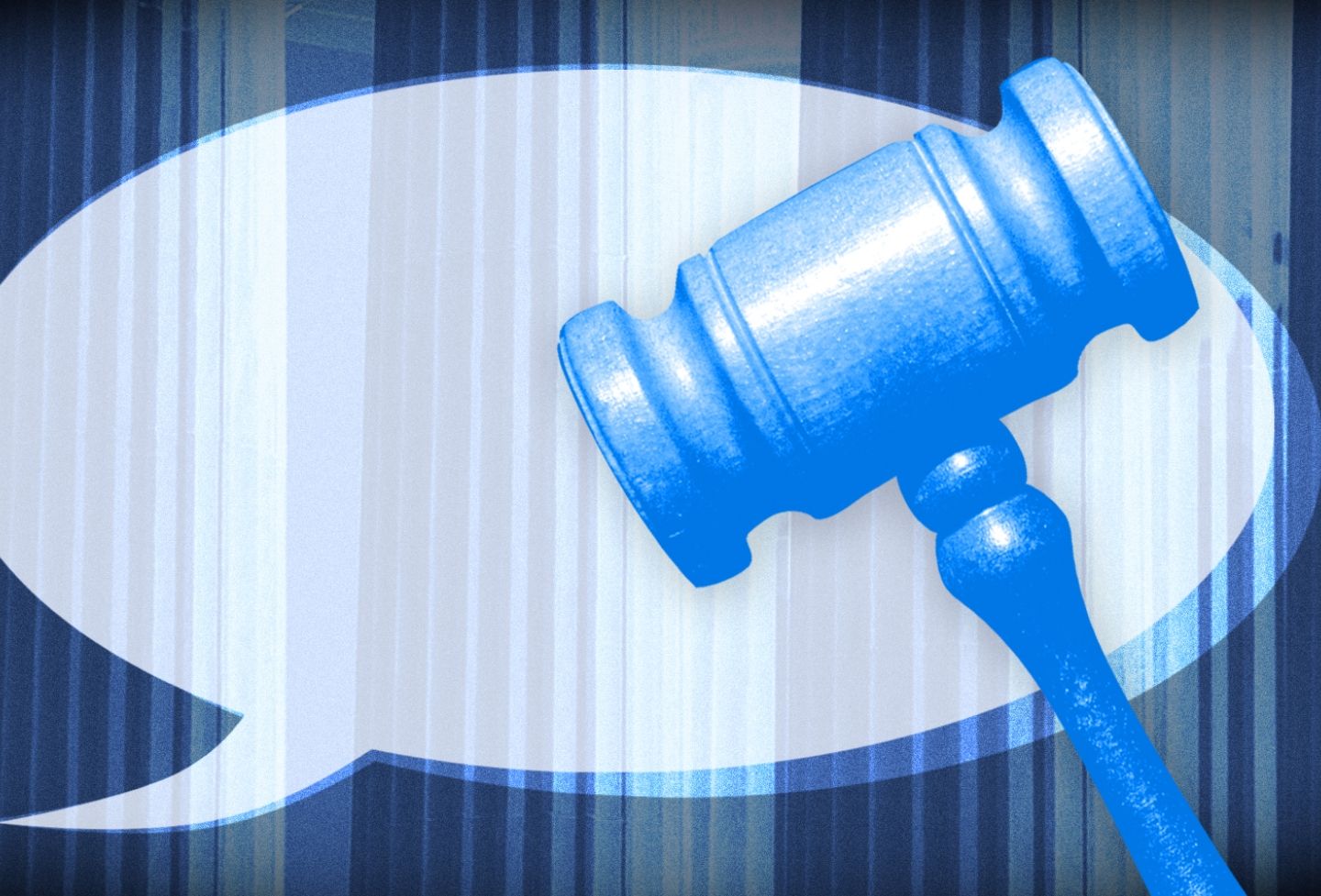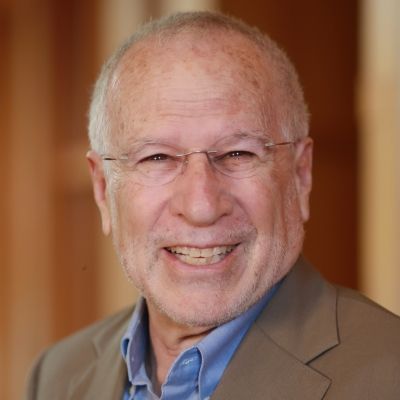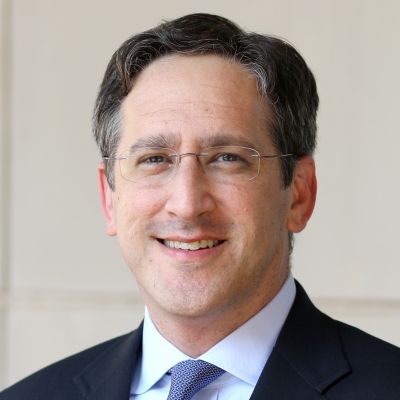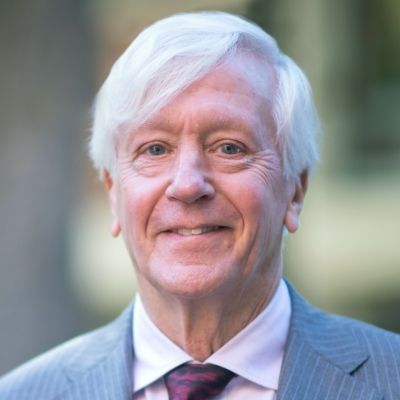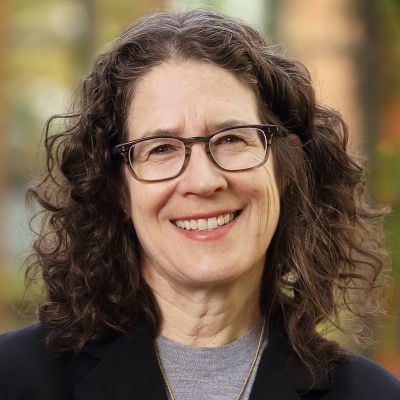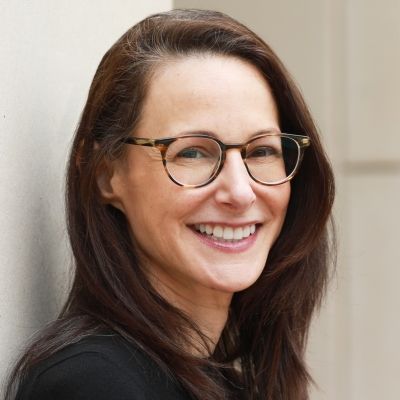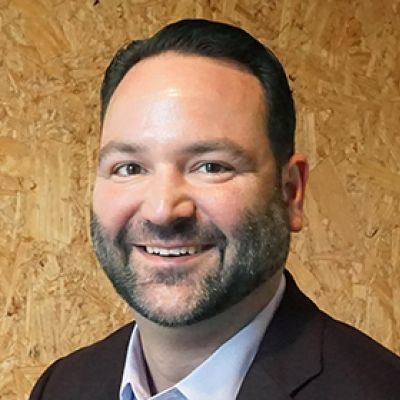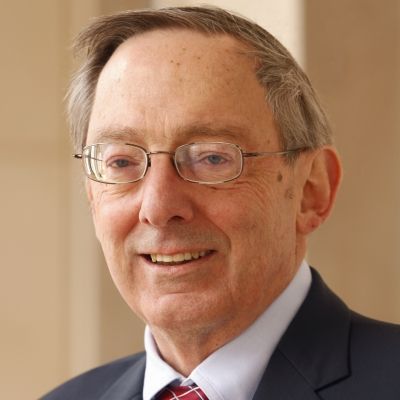About the Program
UVA Law is home to outstanding scholars of both the religion clauses and the speech and press clauses of the First Amendment. As the freedom of speech becomes an ever more important and contested right within our society, and as the religion clauses become an active and controversial area in Supreme Court jurisprudence, scholars at the Law School are at the forefront of the debates, in law reviews and philosophical journals, as well as in courthouses and the public square.
Among the school’s First Amendment scholars are Professors Frederick Schauer and Douglas Laycock. Schauer is one of the world’s leading legal theorists, and has made substantial contributions to thinking on free speech. His books include Schauer is the author of “The Law of Obscenity” and “Free Speech: A Philosophical Enquiry.” Laycock is perhaps the nation’s leading expert on religious liberty, and has argued such cases before the U.S. Supreme Court and served as lead counsel six times. He has also authored several influential amicus briefs, and his many writings on religious liberty have been collected and published in a five-volume series.
Liberalism is back on its heels, pushed there by political movements in the United States and Europe and by the critiques of legal scholars and...
Cyber stalking involves repeated, often relentless targeting of someone with abuse. Death and rape threats may be part of a perpetrator’s playbook...
Fifty years ago, federal and state lawmakers called for the regulation of a criminal justice “databank” connecting federal, state, and local agencies...
In the last few years, the Supreme Court has upended its doctrine of religious freedom under the First Amendment. The Court has explicitly rejected...
The demise of Roe v. Wade has raised a host of religious liberty questions that were submerged prior to the Supreme Court’s decision in Dobbs v...
Faculty Director(s)
Leslie Kendrick
White Burkett Miller Professor of Law and Public Affairs
Elizabeth D. and Richard A. Merrill Professor of Law
Director, Center for the First Amendment
Special Advisor to the Provost on Free Expression and Inquiry
Fellow, UVA Shannon Center for Advanced Studies
Liberalism is back on its heels, pushed there by political movements in the United States and Europe and by the critiques of legal scholars and...
Cyber stalking involves repeated, often relentless targeting of someone with abuse. Death and rape threats may be part of a perpetrator’s playbook...
Fifty years ago, federal and state lawmakers called for the regulation of a criminal justice “databank” connecting federal, state, and local agencies...
In the last few years, the Supreme Court has upended its doctrine of religious freedom under the First Amendment. The Court has explicitly rejected...
The demise of Roe v. Wade has raised a host of religious liberty questions that were submerged prior to the Supreme Court’s decision in Dobbs v...
Section 230 is finally getting the clear-eyed attention that it deserves. No longer is it naive to suggest that we revisit the law that immunizes...
Constitutional law has a great deal to say about what symbols are permitted in the public square. Somewhat baroque legal rules (sometimes created...
More
In Matter of Giuliani, the New York Appellate Division held that Rudy Giuliani’s knowingly false statements of fact during the period after the 2020...
More
Violations of intimate privacy can be never ending. As long as nonconsensual pornography and deepfake sex videos remain online, privacy violations...
The protection of intimate privacy isn’t at odds with free expression. At times, we prioritize one value over the other, but, more often, intimate...
Some egalitarian theories of religious freedom allow for the possibility of religious exemptions. Theories of equal value hold that when the...
More
This piece is part of a forthcoming volume entitled Painting Constitutional Law, which pairs artist Xavier Cortada’s series of paintings, “May It...
This Article uses controversies over government-sponsored religious symbols and Confederate monuments to consider the appropriate constitutional...
Nelson Tebbe
Are some liberal justices on the Supreme Court engaged in appeasement as a strategy of judicial decisionmaking? In prior work, we specified a...
Mary Anne Franks
A robust public debate is currently underway about the responsibility of online platforms. We have long called for this discussion, but only recently...
An emerging intellectual and ideological critique of liberalism is coinciding with a significant transformation of the American law of church and...
Nelson Tebbe
In this Article, we ask whether some liberal justices have followed a strategy of judicial appeasement in recent cases involving religious freedom...
Oliver Wendell Holmes’s dissenting opinion in Abrams v. United States is rightly celebrated for what Holmes said in his concluding paragraph about...
This paper, prepared for a University of Chicago Law School symposium on “What’s the Harm? The Future of the First Amendment,” on October 25, 2019...
Fiction and visual representations can alter our understanding of human experiences and struggles. They help us understand human frailties and...
This essay, written for a forthcoming Oxford University Press volume edited by Geoffrey Stone and Lee Bollinger, probes Oliver Wendell Holmes’s almost...
It has become increasingly common in recent years for conservative Christian thinkers to describe cultural and legal conflicts in terms of a battle...
Jocelyn Wilson
Catholic integralism has reemerged as a radical critique of liberalism and as a potential source of justification for illiberal regimes. Integralists...
This review of Trevor Ross’s Writing in Public: Literature and the Liberty of the Press in Eighteenth Century Britain is part of a symposium in...
Neil M. Richards
At the dawn of the Internet’s emergence, the Supreme Court rhapsodized about its potential as a tool for free expression and political liberation. In...
Masterpiece Cakeshop v. Colorado Civil Rights Commission presented a conflict between LGBT rights and religious liberty. The Supreme Court avoided...
When the government enacts laws or regulations that accommodate religious believers, it may not impose significant costs on identifiable third...
In considering contemporary conflicts between religious freedom and equality law, a mediating principle has proved to be important, namely the rule...
In August 2017, hundreds of white supremacists came to Charlottesville, Virginia, ostensibly to protest the city council’s decision to remove a...
Silicon Valley has long been viewed as a full-throated champion of First Amendment values. The dominant online platforms, however, have recently...
The most recent call for judicial intervention into state partisan gerrymandering practices ran aground on the shoals of standing doctrine in Gill v...
Many theorists treat free speech as a special right. Other theorists argue that, in order for free speech to be important, it must be a special right...
Though it may sound surprising, there is a great deal of debate about whether speakers have free speech rights. Those who deny it say that the...
This article, the written version of the Roy R. Ray Lecture delivered at the Dedman School of Law, Southern Methodist University, explores a...
In considering contemporary conflicts between religious freedom and equality law, a mediating principle has proved to be important, namely the rule...
Benjamin Wittes
What do a revenge pornographer, gossip-site curator, and platform pairing predators with young people in one-on-one chats have in common? Blanket...
The liberty of citizens in a democracy has two components – the negative liberty to be let alone and the positive liberty of self-government. Both...
In Speech Matters (Princeton 2014), Seana Shiffrin explains why lying is wrong, why freedom of speech is right, and why those two views are compatible...
Benjamin F. Aiken
Disclosure laws require individuals and organizations that spend money on political speech to make public their identities. The Supreme Court and many...
In recent years, many litigants have found the First Amendment to be a useful tool. One could mention pornography actors, tattoo artists, death row...
This book review of Catherine Ross's Lessons in Censorship places issues involving the free speech rights of public school students in the context of...
In 2007, when the media started covering the phenomenon of cyber harassment, the public’s reaction was disheartening. Although the abuse often...
In the campaign finance realm, we are in the age of the imperial First Amendment. Over the past nine years, litigants bringing First Amendment claims...
It is axiomatic that whether speech is protected turns on whether it poses a serious risk of harm — in Holmes’s formulation, a “clear and present...
What does it mean to say that the government may not “restrict expression because of its message, its ideas, its subject matter, or its content?”...
This review essay for the Yale Law Journal of Robert Post’s Citizens Divided: Campaign Finance Reform and the Constitution contrasts Post’s hopeful...
The idea that religion warrants special treatment has been criticized as violating norms of equality and fairness. In response, Andrew Koppelman has...
A growing number of critics have asked whether singling out religion for special treatment is morally justifiable. In Religion Without God, Ronald...
This essay in an exercise in responding to the question “how did we get here” with respect to a contest contemporary issue in First Amendment...
Mary Anne Franks
Violations of sexual privacy, notably the non-consensual publication of sexually graphic images in violation of someone's trust, deserve criminal...
Campaign finance law is in shambles, and many believe that wealthy, shadowy interests dominate American politics. Reformers have rested their hopes...
In First Amendment doctrine, the “chilling effect” is often invoked as an objection to an otherwise legitimate rule that has the incidental effect of...
The idea that religious institutions should play a central role in understanding the First Amendment has become increasingly prominent in recent years...
This symposium paper presents a dilemma for present-day proponents of “freedom of the church,” who argue that religious institutions: (1) are...
Conventional wisdom, embraced by judges and scholars alike, holds that mandatory disclosure chills political speech. That must be right for some...
A central feature of First Amendment law is the prohibition on content discrimination: the government generally may not regulate expression on the...
Disclosure of information causes trouble under multiple First Amendment paradigms. Although First Amendment doctrine favors purpose inquiries over...
This review of Money, Politics, and the Constitution: Beyond Citizens United, soon to appear in the Election Law Journal, canvasses this collection of...
In seeking to develop a more coherent theory of the First Amendment’s Expression Clauses, the Supreme Court has largely overlooked an important...
This Article argues that leading accounts of the First Amendment’s Religion Clauses fail to provide a coherent and morally attractive position on...
Can religion or race ever be the basis for legitimate government policies? For several decades, constitutional law concerning both religion and race...
This article examines three free speech cases decided by the Supreme Court in its past two Terms. The three cases – United States v. Stevens, Snyder v...
This Essay, written for a symposium commemorating the twentieth anniversary of Employment Division v. Smith, examines the politics of free exercise as...
Despite the heated legal, political, and scholarly battles that rage around the Court’s Establishment Clause decisions, this Article contends that...
This paper offers a defense of the idea that taxation to promote religion infringes on taxpayers’ freedom of conscience. Critics have argued that this...
A pervasive problem in public discourse is the seemingly increasing prevalence in public debate of demonstrably false factual propositions, such as...
Helen Norton
New expressive technologies continue to transform the ways in which members of the public speak to one another. Not surprisingly, emerging...
Social networking sites and blogs have increasingly become breeding grounds for anonymous online groups that attack women, people of color, and...
David Blankfein-Tabachnick
The Rawlsian texts appear not to be consistent with regard to the status of the right of freedom of association. Interestingly, Rawls's early work...
When a trade secret owner discovers its trade secrets have been posted on the Internet, there is currently no legislative mechanism by which the owner...
More
Much of the Supreme Court's modern religion clause doctrine has been forged in conflicts that directly implicate the traditional powers of local...
Although the language of the First Amendment refers to freedom of speech, it turns out that most of the vast universe of speech remains untouched (and...
This essay investigates the special problems that a speech taboo imposes on people who decide that they are going to talk about the very speech that...
The central contention of this paper is that the Court's Establishment Clause jurisprudence can best be understood from a political perspective. The...
Resident Faculty
Resident Faculty
Constitutional law, evidence and legal reasoning, philosophy of law
Law and religion, jurisprudence and political philosophy
First Amendment, constitutional law and torts
Legal history, constitutional law, torts
Affirmative action and equal protection, constitutional law and theory
Constitutional law, antitrust and communications regulation, national security
Appellate litigation, civil liberties
Separation of church and state, property, local government and land use
Privacy, First Amendment, feminism and the law, civil rights, administrative law
Other Faculty
Religious liberty, church and state, law of remedies, constitutional law
Courses and Seminars
The following is a list of courses offered during the current and two previous academic years. Numbers in parentheses indicate which academic year(s) the courses were offered, i.e., 2020-21 is coded (21), 2021-22 is coded (22) and 2022-23 is coded (23). (SC) stands for short course and (YR) stands for yearlong.
Advanced Campaign Finance (22,23)
Advanced Topics in the First Amendment (Religion Clauses) (21)
Balancing Public Safety and Civil Liberties: Law Enforcement Policymaking (21,23)
Business and Governmental Tort Liability (23)
Comparative Constitutional Law (21,22,23)
Constitutional Law II: Freedom of Speech and Press (21,22,23)
Constitutional Law II: Religious Liberty (21,22,23)
Constitutionalism: History and Jurisprudence (21)
Constitutionalism: Nation, Culture and Constitutions (21,22,23)
Free Speech and the Digital Age (22)
Government Secrecy (21)
Law of Corruption (21,23)
Law and Riots (23)
Monetary Constitution Seminar (22,23)
Privacy (21,22,23)
Regulation of the Political Process (21,22,23)
Clinic
Professor Xiao Wang of the University of Virginia School of Law has won an Association of American Law Schools award for his paper on the increase and success of religious freedom lawsuits.
Professor Leslie Kendrick ’06 discusses First Amendment policies, and the law and norms of free speech in the law school education process. She spoke as part of the Class of 2026 orientation.
